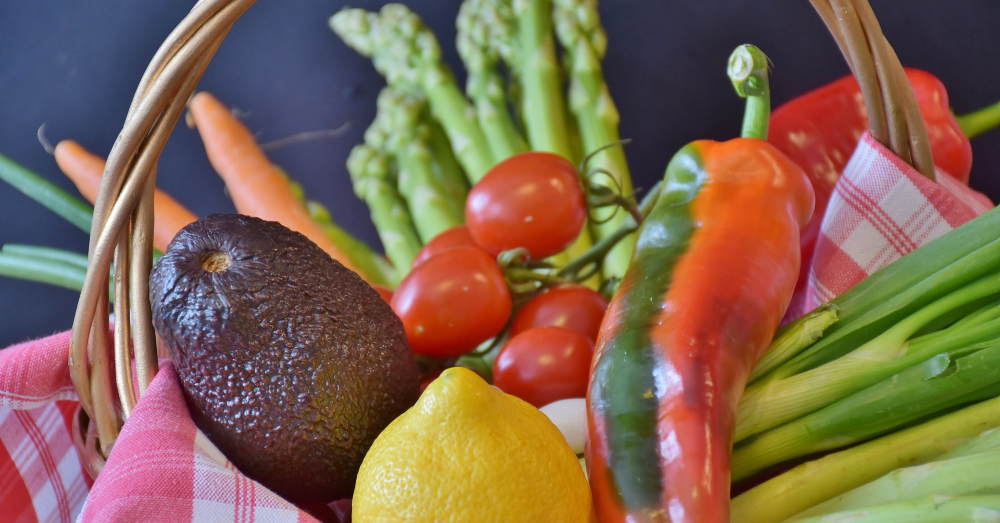
This Is the Major Difference You Need to Know Between Organic and All-Natural Foods
There are a lot of labels on food. That kind of goes without saying. But it can still be pretty difficult to discern what those labels mean exactly, and who actually decides to put them there. Like, what is it that deems something “healthy” on a label, for example? Or who makes sure something is really gluten-free? And, my personal greatest confusion, what, if any, is the difference between organic and all-natural foods?
September 14, 2017 | Source: Elite Daily | by Annakeara Stinson
There are a lot of labels on food. That kind of goes without saying. But it can still be pretty difficult to discern what those labels mean exactly, and who actually decides to put them there. Like, what is it that deems something “healthy” on a label, for example? Or who makes sure something is really gluten-free? And, my personal greatest confusion, what, if any, is the difference between organic and all-natural foods?
As it turns out, there are distinct differences between all these labels, and how they get assigned and decided upon is a pretty interesting (albeit it kind of confusing) process.
For the most part, it’s the FDA that regulates the kinds of words that can be used to describe products. And of course, it’s the nutrition label itself that is supposed to be the most informative means of customer choice, identifying ingredients, nutrition facts, suggested daily values, and net weight.
According to Barbara Schneeman, Ph.D., director of the FDA’s Office of Nutrition, Labeling, and Dietary Supplements, “the food label is one of the most valuable tools consumers have.” She added on the FDA website that a thorough label puts more power into the hands of the consumer, so they are able to make choices for themselves according to their particular nutrition concerns.
But the thing that can make it a lot more difficult to figure out what’s what in the grocery store is how insanely similar some of these labels are to one another. “Organic,” “all-natural,” and even “healthy” all kind of sound like the exact same thing, even though they’re not. At least, they’re definitely not the same thing from a regulatory point of view.
